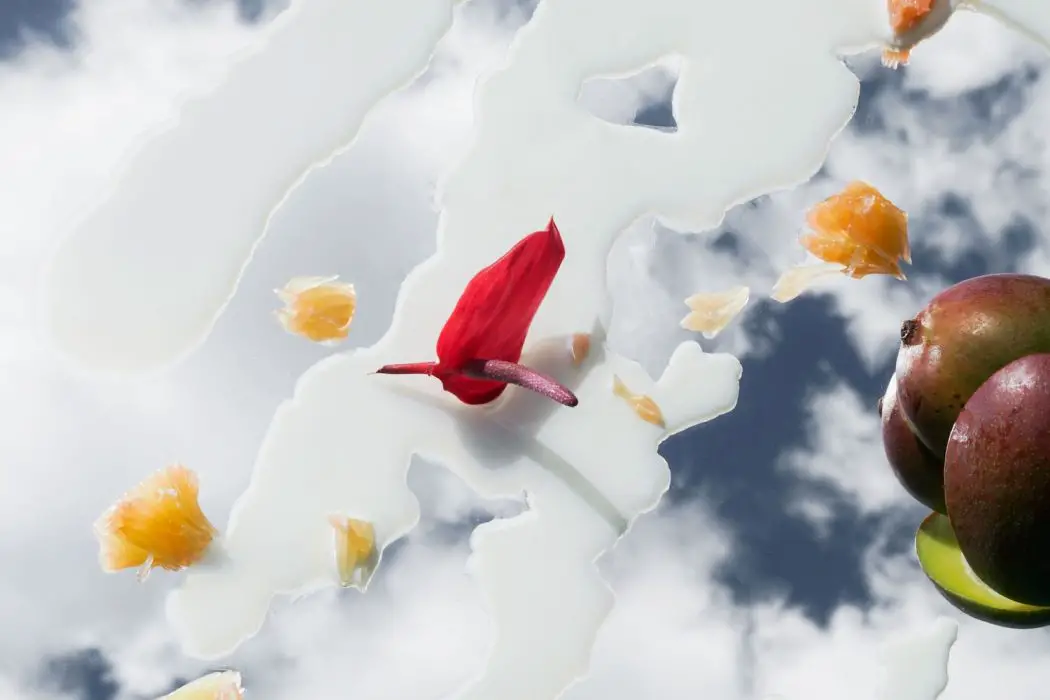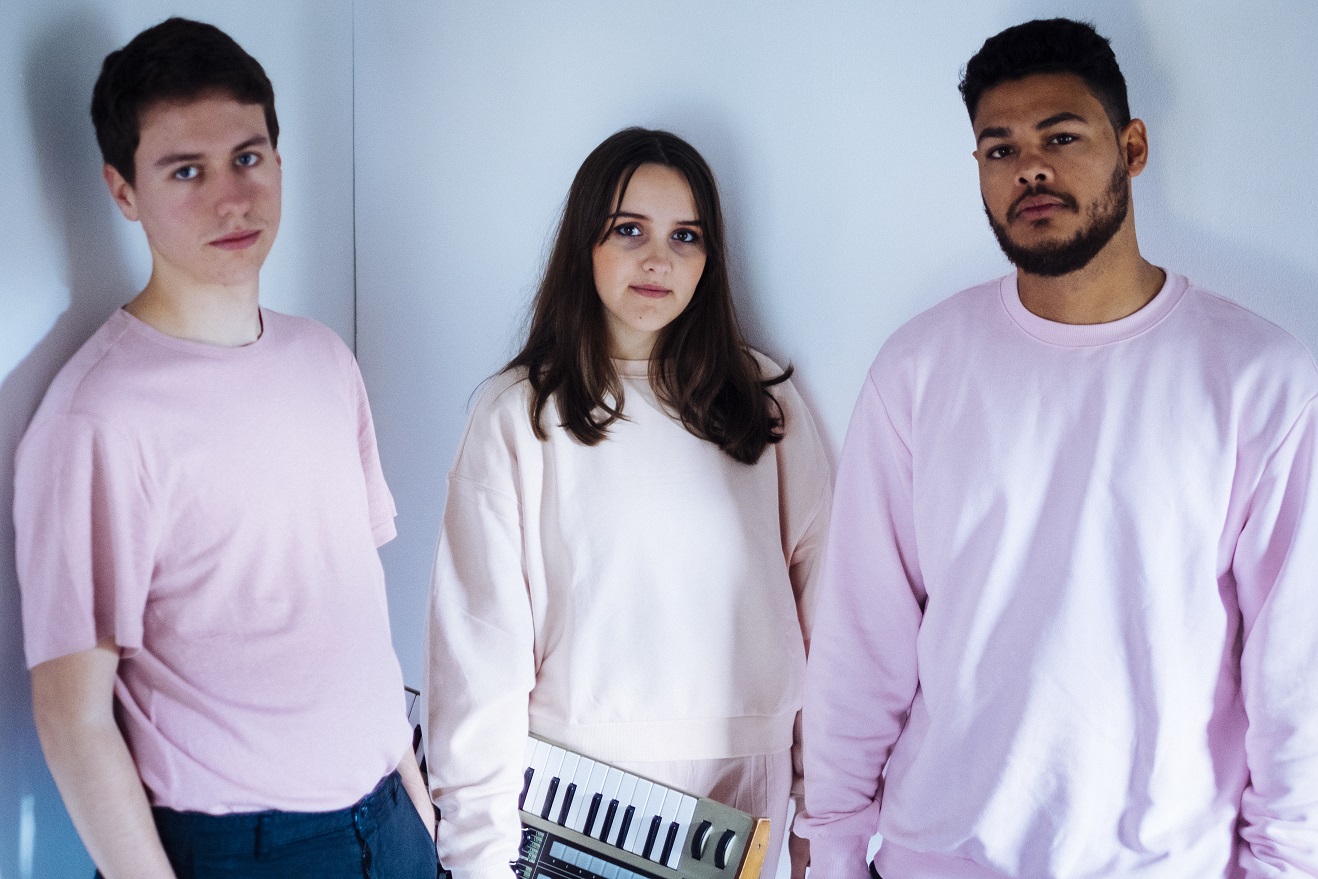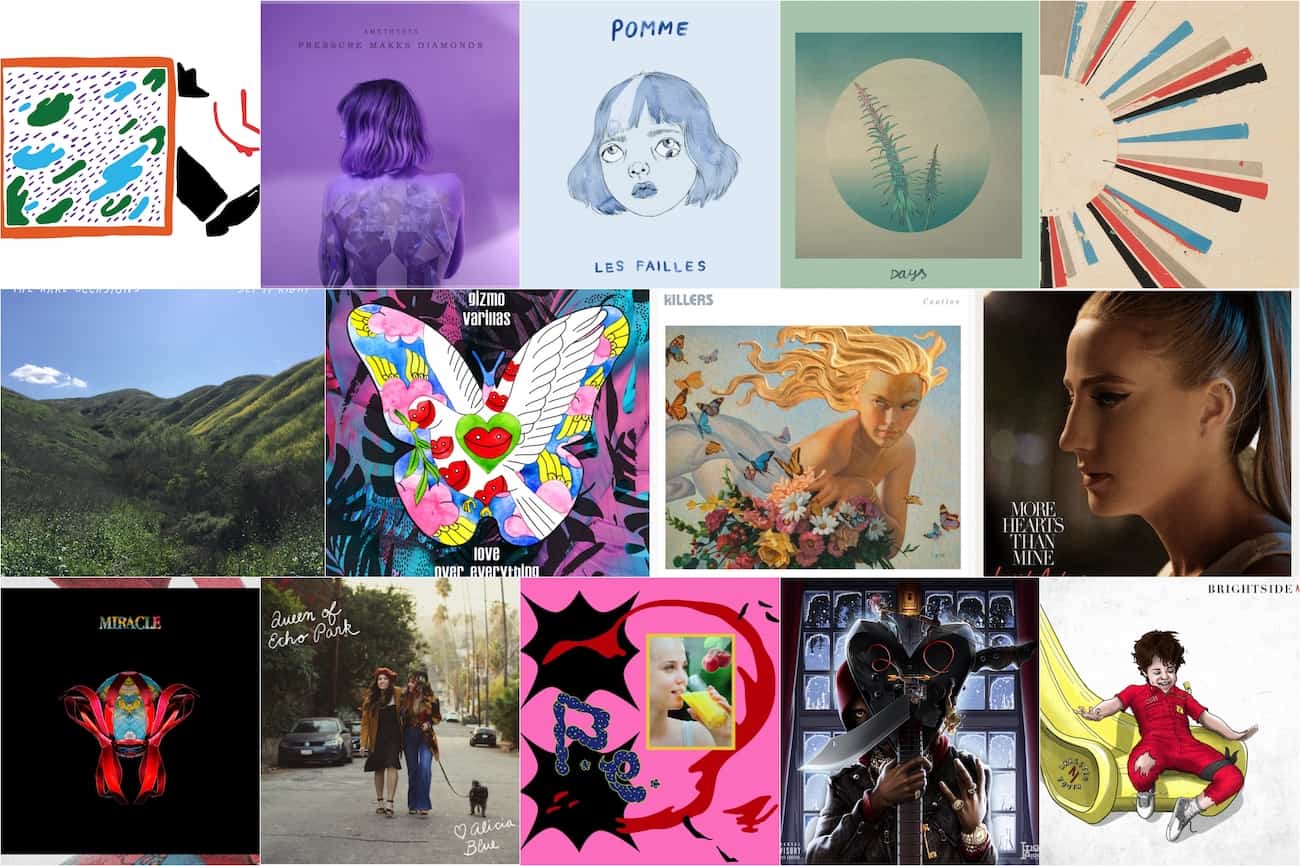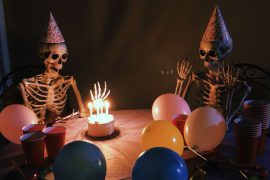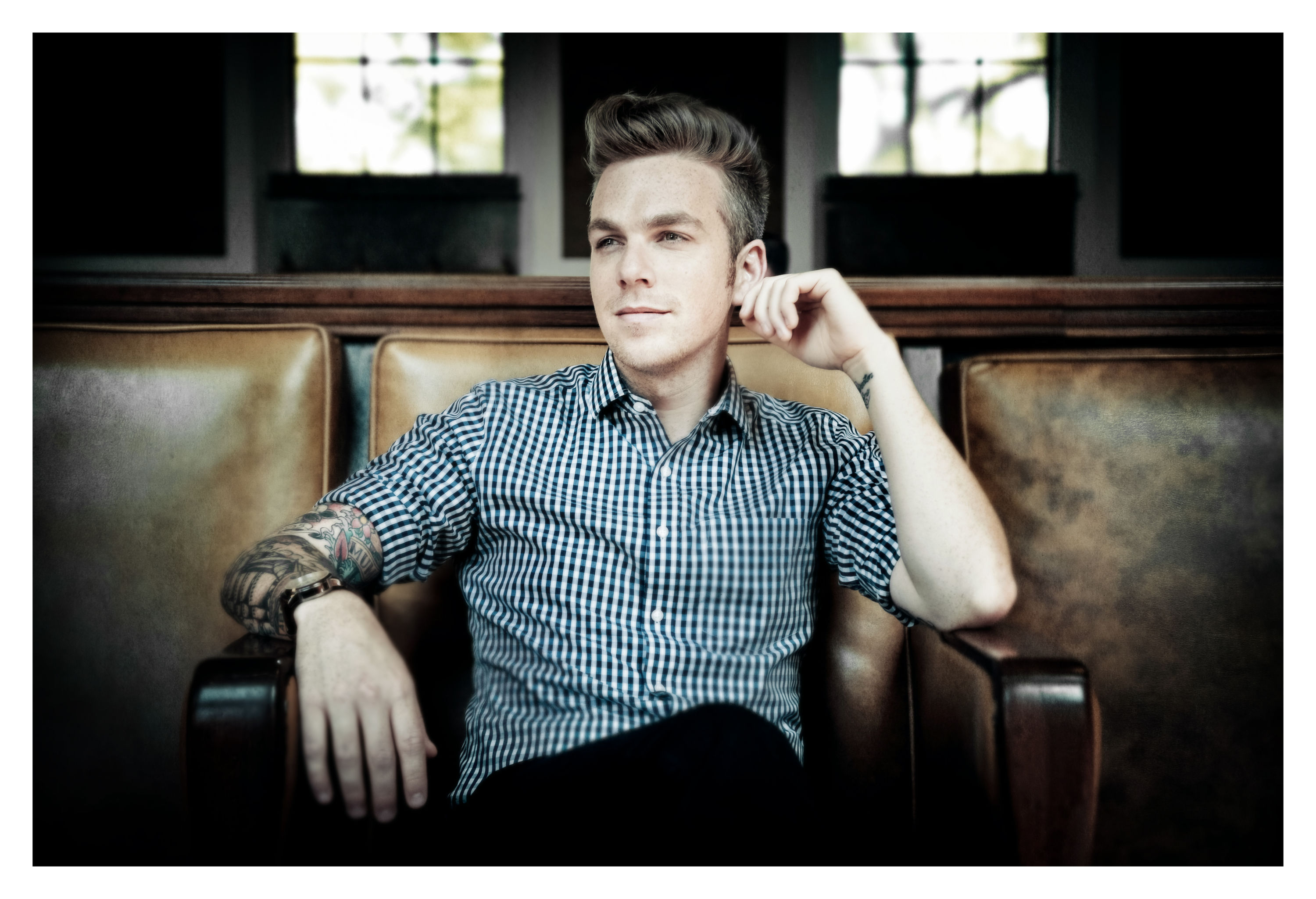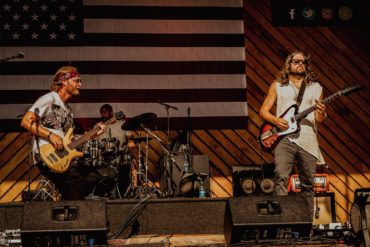Brooklyn singer/songwriter Caitlin Pasko’s debut album ‘Greenhouse’ is dark, heavy and intimate, heart-wrenchingly vulnerable and absolutely unequivocal.
Stream: “Horrible Person” – Caitlin Pasko
Brooklyn singer/songwriter Caitlin Pasko’s new music is not for the faint of heart.
In embarking on this journey with her, one must be ready to surrender themselves to the artist’s most intimate confessions and introspective explorations – but those willing to join in her journey are bound to take as much out of it, as she has put in.
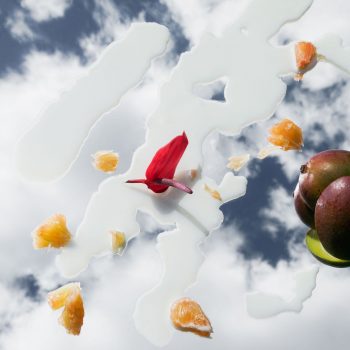
You know you are a horrible person
I shouldn’t have to explain it to you
Or tell you why, You should know it already
I shouldn’t have to give you examples
You know you are a horrible person
And I could never really by fully
At ease around you
Like a cat on a hot tin roof
Wondering when it should move
I know you are a horrible person
Please stop texting me on my birthday
Or when you hear that I’m having surgery
Or when you see that I’ve moved on
After looking me up on Venmo
– “Horrible Person,” Caitlin Pasko
Catharsis never felt so freeing; fragility never felt so grounded and ethereal all at once. Independently released August 28 via Whatever’s Clever, Pasko’s debut album Greenhouse is dark, heavy and intimate, heart-wrenchingly vulnerable and absolutely unequivocal. Raw, brooding piano and achingly stripped vocals ebb, sway, and swell together in a haunting portrayal of inner turmoil and upheaval.
“I wrote Greenhouse during and in the wake of a psychologically abusive relationship that altered every aspect of my life,” Pasko tells Atwood Magazine. “The album is a representation of my newly reconfigured internal compass; a mental structure created to cultivate and protect my new, healthy growth; a musical evocation of a safe space for personal transformation, healing, and unconditional love.”
Nine tracks chart Pasko’s journey of pain and healing: Through deep introspection, shock, heartbreak, and trauma. Melancholy opener “I Know I” immediately seduces with somber chords and a poignant harmony performance:
When you know a person
When you know them
It doesn’t let you by
How do I feel?
When I know you
‘Cause I do
I know
I can’t trust my emotions
Because
My skin crawls
With what I’ve always wanted
– “I Know I,” Caitlin Pasko
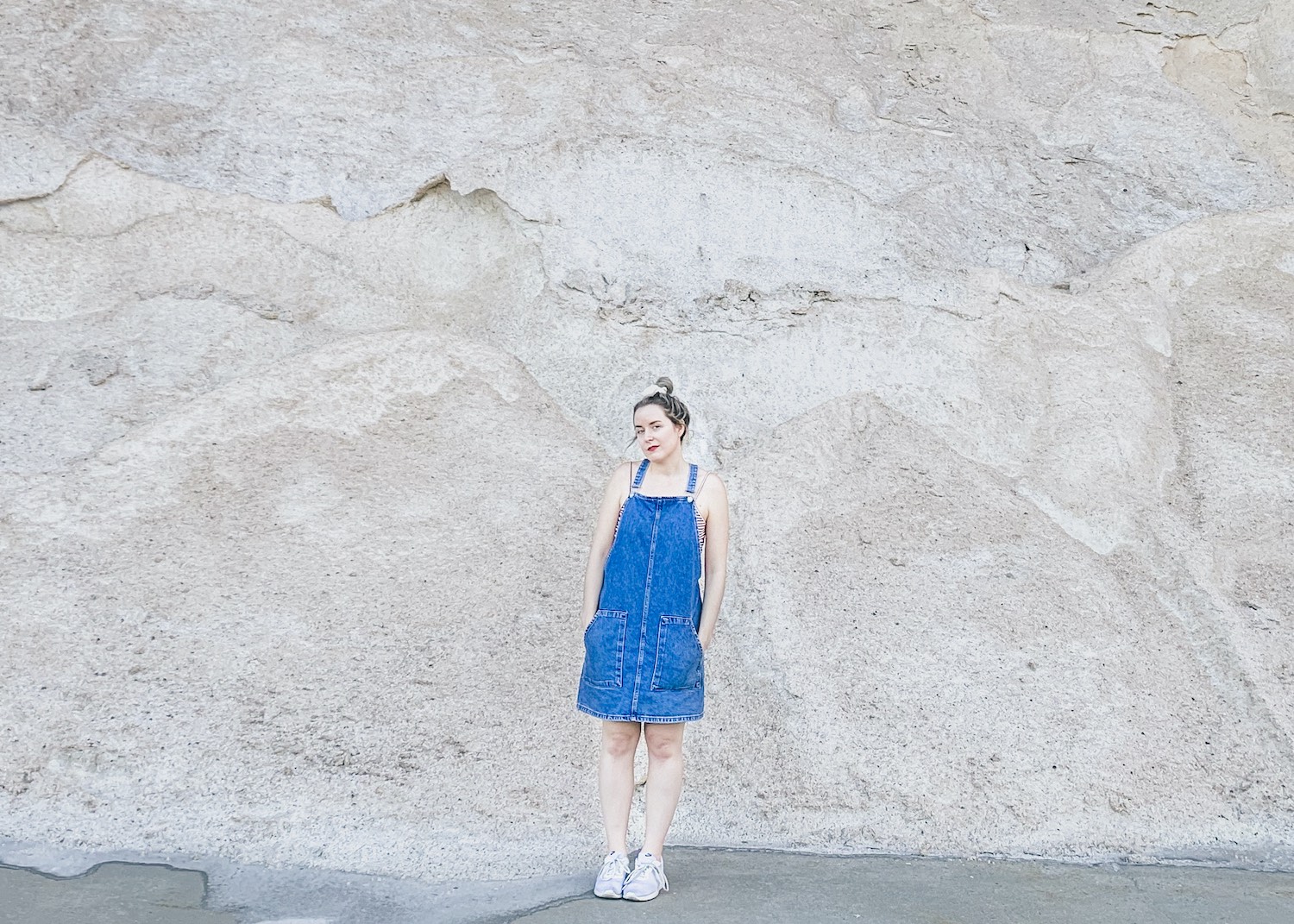
So begins an unraveling that ends not in a sense of renewal or relief, but rather understanding and self-discovery. Songs like “Unwell” and “Ooo Happy” offer moments of levity (if you can call it that) and light, but it’s in darker spaces like the subtle and nuanced “Even God,” and the utterly stunning “Horrible Person,” that Pasko hits her stride. Whilst every track ultimately has a place on Greenhouse, Pasko shines particularly bright in the album’s single “To the Leaves” and the latter half’s deeper cut, “Quiet Weather.” Both tracks invite listeners to engage in the artist’s reflection, while indulging in a muted, yet colorful array of sound:
It’s hard to believe that I was ever a peach in the leaves
Never thought you’d choose me then leave me in the kitchen a week
Never thought I’d be covered in bruises, I thought I was free
Free, Can I be? Free
It’s hard to believe that I was ever that version of me
Even though I’ll always be dismantling her ideology
When he eats the watermelon he’ll have to spit out the seeds
Free, Can I be? Free, Can I be?
From the dirt, from the sea
To the leaves, back to the leaves
Summertime peach, water on the leaves
Fully healthy mind, a greenhouse grows inside
– “To the Leaves,” Caitlin Pasko
Pasko, an active member of Brooklyn’s independent music scene who debuted with the Glass Period EP in 2017, has never sounded as self-assured and confident in her music as she does on her debut. Greenhouse is as transparent and delicate as its name suggests, and just like a greenhouse, it is full of life and wonder (it’s a dark wonder, but wonder nonetheless). Cathartic through and through, these nine songs will break your barriers down only to build them back up again.
Embraces fragility and tranquility, Pasko has delivered a stunning and memorable introduction. Experience the full record via our below stream, and peek inside Caitlin Pasko’s Greenhouse with Atwood Magazine as the artist goes track-by-track through the music and lyrics of her debut album!
— —
:: stream/purchase Greenhouse here ::
Stream: ‘Greenhouse’ – Caitlin Pasko
:: Inside Greenhouse ::
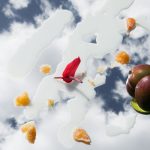
— —
“I Know I”
I wrote “I Know I” in 2016 as I was attempting to put music to a friend’s poem. The lyrics here are actually only a snippet from her much longer piece, but the song came out in one fell swoop and it felt complete — and very personal.
“I Know I,” to me, is a conversation between my two inner selves — my child self and my adult self (or internal mother). My child self is frustrated and asking for help (“I can’t trust my emotions”), and my adult self is saying, “You’re safe now. I’m here with you, and we’re going to get past this together.”
I sing this song entirely in harmony with myself. I wanted the vocal production to represent, metaphorically, the way our different selves float through our consciousness in constant conversation with one another, so I had the harmony shift forward in the mix and become the lead for a portion of the track.
My friendship with the writer of the original poem did not survive the ups and downs of the psychologically abusive relationship I was in — the one that bore Greenhouse — which makes this song all the more meaningful to me.
“Unwell”
I wrote this song after a particularly draining experience with my abusive ex-partner. I didn’t want to be alone with my thoughts in my quiet, tiny room in Greenpoint, so I went for a long walk through Williamsburg in a daze. I was experiencing so much anxiety and shame that it felt difficult to walk. I envied the people I passed by on the sidewalk, simply because they weren’t me. I was screaming on the inside. I wanted people to see me, to ask me if I was ok, to help me. I wrote this song when I returned to my apartment.
“Playgrounds,” “swings,” and “chocolate ice cream.” These are images that represent summer in my neighborhood in Brooklyn; things you might see on a walk. On their own, these three ideas are generally associated with pleasure, but context is important; the swing could be too hot from the summer sun, and the ice cream could have just fallen from your cone, onto the street. These are metaphors for being in a trauma-bonded, abusive relationship. You’re striving for pleasure but you’re met with pain.
“Even God”
“Even God” is the result of a couple of song seeds that eventually grew together.
The first seed was from a vision I had of my mom walking around her yard picking up pinecones (something she does after it storms). She tends to channel her anxiety into cleaning and yard work, so she was doing this a lot in the years after my dad passed away.
Another seed arrived after I spent the night at a friend’s house and made up his bed in the morning. He had left early for work, and I kept imagining how good he would feel when he returned home to see the made up bed.
“Even God” is about being trauma-bonded to an abusive partner (“I’m stuck in death”), and feeling unable to disconnect from them, despite knowing how dire your situation is. “You can sleep in / just make the bed” is me saying, “I will put up with these bouts of cruelty, because I know you love me.” The chorus, “Even God is selfish,” is an attempt to justify the decision to stay in the relationship.
“Horrible Person”
“Horrible Person” was the first song Henry and I made that paved the way for Greenhouse.
I wrote it a capella, alone, in the dark, in my bed. I write most of my songs at the piano, beginning with chords and melodies, so for a while I experimented with writing away from the piano, with just my voice. I thought maybe this would force me to write stronger lyrics or unusual melodies, since the melody would have to be based entirely on the mood of the lyric.
Henry and I met up one afternoon at his studio (Pinch Recording in Queens), just to catch up and listen to music. He asked me what I’d been working on and I told him about how I was trying this new way of writing songs, and that there was one I could share with him, but that it was “pretty direct” and maybe even embarrassing. We were in the control room, and I remember him jumping up to get his guitar, an amp, and some pedals. He asked me to sing the first line so that he could figure out the key, and we both laughed about the lyric as he created a drone for me to sing with. Before I ever even sang the whole song to him, we decided to record a take of it, with both of us improvising and reacting to each other.
The final recording is the first and only take of the song, as well as my first time singing it aloud to anyone (and Henry’s first time hearing it).
The spiraling sound at the end of this song was a happy accident that we can’t really explain. The board just began feeding back on itself in a loop, in an increasingly intense way… like a black hole sucking everything up.
“Ooo Happy”
This little song arrived out of nowhere. When I first wrote it, I thought surely it would grow into something more, but I ended up falling in love with it in this form. I don’t remember why, but I saved the very first demo of this song as “ooo happy,” and it never felt right to rename it.
“Ooo Happy” is a feeling of escape. It’s the feeling of finally being able to move forward on the right path, and having the strength to not look back. You are calm and enlightened and looking forward to your future.
It was Henry’s idea to weave different effects throughout the piano in the second half. It sounds like there are strings, but those are just effects on the piano. We also made a version of this song with beats, but it didn’t make it onto the album. 🙂
“To The Leaves”
“To The Leaves” is the last song I wrote for Greenhouse. I remember telling Henry that there was one more song I needed to write, and that it was coming, and when I sat down at my piano a few days later, I felt as if I had to chase it as it came out. I played it at a show a couple of nights after I wrote it.
“To The Leaves” is about relationship PTSD and wanting so badly to be freed from the past. It’s about accepting that some wounds will take longer to heal than others, and that personal transformation is ongoing. “Fully healthy mind / A greenhouse grows inside.”
The lyrics (and the album title) were inspired by my interest, last summer, in the flying river above the Amazon and its importance to the Earth — specifically Earth’s ability to adjust and balance itself in order to sustain other life forms.
“Mother”
In the studio, Henry and I would chat about what he was feeling as he prepared to become a parent. I, too, imagined what I would be feeling in his position, and I thought about what my mom must have gone through as she prepared to have me.
My mom and I have always been very close, and when my dad passed away in 2014, we became even tighter (I’m an only child). His death created an impossible-to-fill hole in her life, and she has suffered from periods of alcohol dependency as a result. It has put a strain on our relationship at times, but our love for each other runs deep, and it is unconditional. “Mother” is about stepping into a parental role for yourself and for others. It’s a reference, again, to my internal selves.
Henry and I both played the piano on this track, sitting side by side on the bench. I’m playing the bass notes; he wrote and played the top notes.
“Quiet Weather”
“Quiet Weather” was inspired by a chapter in Annie Dillard’s Pilgrim at Tinker Creek about a “kayak sickness” that ails the Greenland Eskimos. Dillard explains that when kayak hunters sit completely still (so as not to scare away the seals), “The reflex from the mirror-like water hypnotizes him, he seems to be unable to move, and all of a sudden it is as if he were floating in a bottomless void, sinking, sinking, and sinking… Horror-stricken, he tries to stir, to cry out, but he cannot, he is completely paralyzed, he just falls and falls.”
One moment, everything is surreal and beautiful and still; the next moment, there’s an explosion. It’s a metaphor for emotional abuse. “You are the sun,” but you’re “in my eyes.” “You are a mirror and I’m paralyzed.” There is pain in the love in this song.
“Intimate Distance”
The same friend who penned the lyrics to “I Know I” also gave this song its name. It’s about how time is the most powerful healer. It’s about acceptance. “Growth and letting go are so complexly intertwined.”
— —
:: stream/purchase Greenhouse here ::
— — — —

Connect to Caitlin Pasko on
Facebook, Twitter, Instagram
Discover new music on Atwood Magazine
art © Tonje Thilesen
:: Stream Caitlin Pasko ::

